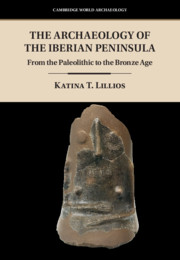This article focuses on the development of preventive and commercial archaeology in Europe during the last thirty years by examining the case of Italy. This country has a mixed public-private system, where the law establishes that the State manages all archaeological activities, although archaeological services are provided mainly by private individuals or companies and funded by private developers. This framework leads to a mismatch between law and practice, which impedes the development of professional archaeology and the full implementation of the Valletta principles. The issue is examined from an historical perspective, from the 1970s to the present day, and is augmented by a brief analysis of the current trends in cultural heritage policy. The study concentrates on the regulatory elements of archaeological activities, since these legal matters are generally overlooked by scholars.
